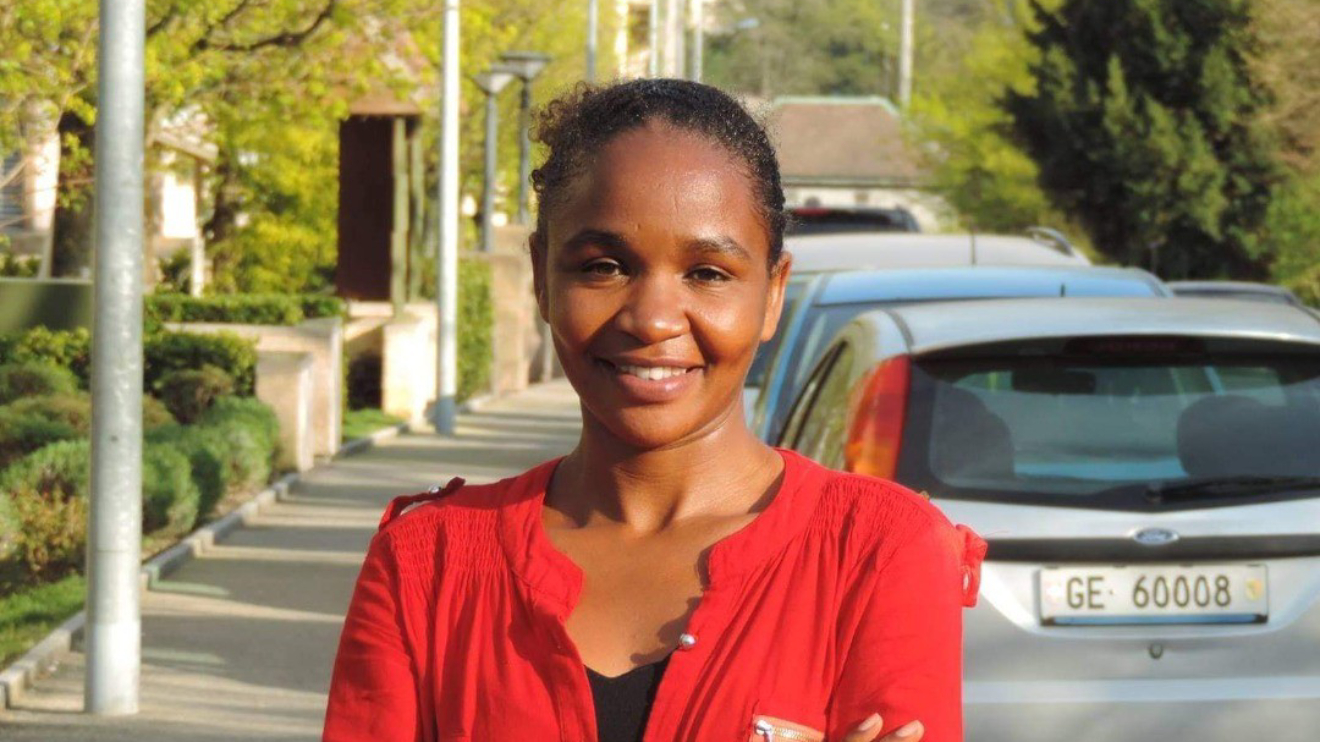Former Citizen TV investigative journalist, Purity Mwambia, recently shared her experiences at a conference organized by the United States Department of State, shedding light on the unique hurdles faced by women in the news industry.
The event, hosted by the Bureau of Global Public Affairs, included a panel discussion addressing the plight of women living in exile due to their journalistic endeavours.
During the conference, Mwambia candidly recounted the hardships she has faced since seeking refuge in the United States following her groundbreaking exposé on corrupt police officers.
The powerful investigation, titled 'Guns Galore,' exposed how rogue individuals within the security agencies were leasing their firearms to criminals.
Expressing her gratitude for the opportunity to speak, Mwambia emphasized that her challenges were not dissimilar to those encountered by investigative journalists who have found themselves in exile.
Read More
She elaborated on the unexpected hurdles she encountered upon arriving in the United States, where her voice seemed to have been stifled.
"When you come here from your country where you’ve done big stories, you’ve quoted all these people who are doing some corruption, big shots in the government… but believe me, when you come here, it’s like your voice is silenced," Mwambia lamented.
She further acknowledged the difficulties faced by global journalists in navigating the intricate landscape of the US media industry.
Despite being in the US for two years, she revealed that she had only managed to produce a single story with a local media company.
The former journalist also disclosed the distressing reality of being abandoned by the organization that facilitated her relocation to America, leaving her to face an uncertain future.
Mwambia's poignant revelation highlighted the struggles faced by individuals forced into exile, often finding themselves isolated and without a support network.
Reflecting on her current circumstances, Mwambia expressed concerns about her housing situation and the possibility of becoming homeless.
She conveyed her empathy towards the homeless individuals she encountered daily, realizing that their stories were now intertwined with her own.
The journalist's desire to shed light on their plight had been replaced by the uncertainty of her own destiny.
"Some who come here say it is like the American dream but has its own challenges. You find yourself in a place where there is no one to talk to, no one to run to," Mwambia said.
"Personally, I was brought here by an organisation and they abandoned me. They left me, I’m on the verge of homelessness because I don’t know what to do next."
“Every day when I walk past all these metro buses and I see these homeless people. It’s one of those stories I would have loved to tell as a journalist, but now I walk as if I’m literally in their shoes, not knowing what’s going to happen to me," she added.
Mwambia's exile in the United States began in 2021 after her groundbreaking investigation, 'Guns Galore,' brought to light the alarming practice of corrupt police officers and soldiers leasing their firearms to criminals.
Threats to her life from the very individuals implicated in her exposé compelled her to seek refuge in America.
Mwambia's courageous testimony at the conference served as a reminder of the sacrifices made by journalists who risk their lives to expose corruption and injustice.
Her personal experiences shed light on the challenges faced by those in exile, emphasizing the importance of supporting and safeguarding the integrity of the press in an increasingly complex global landscape.











